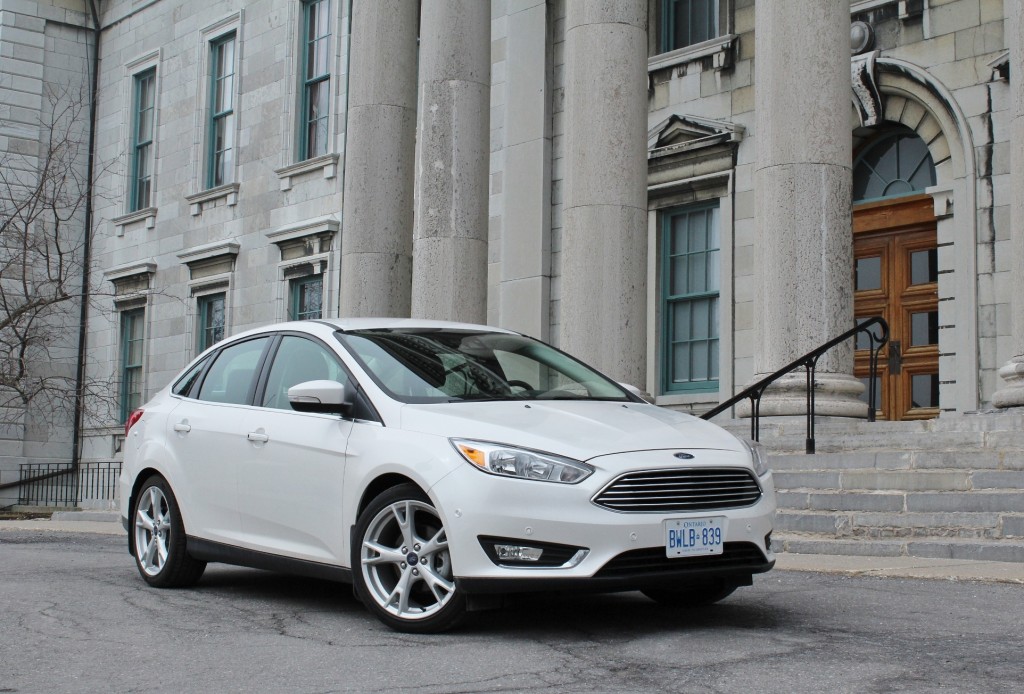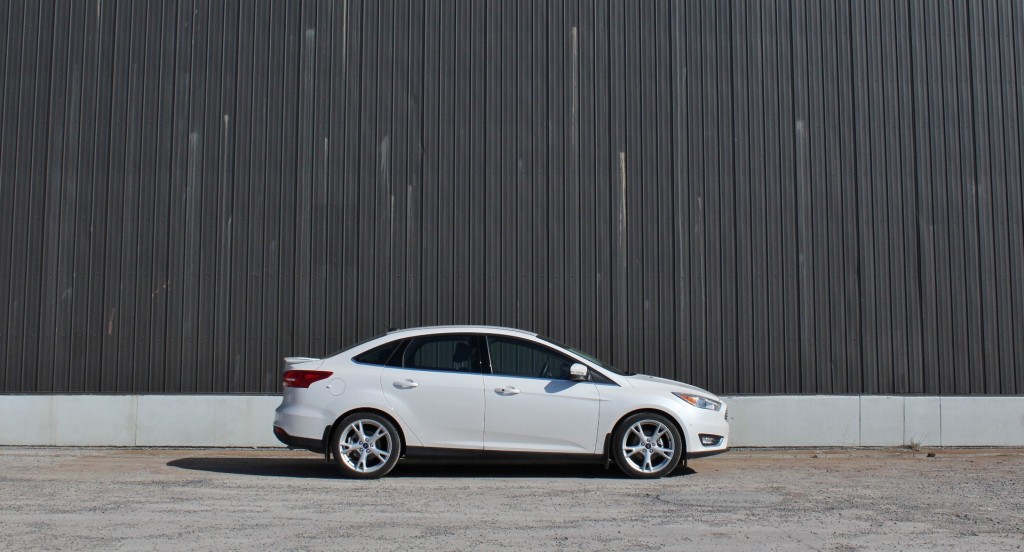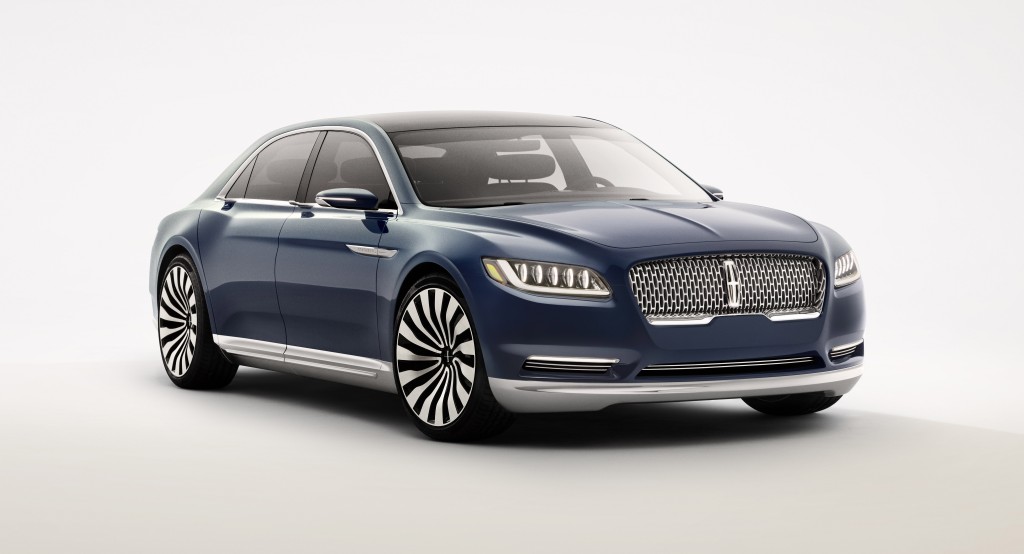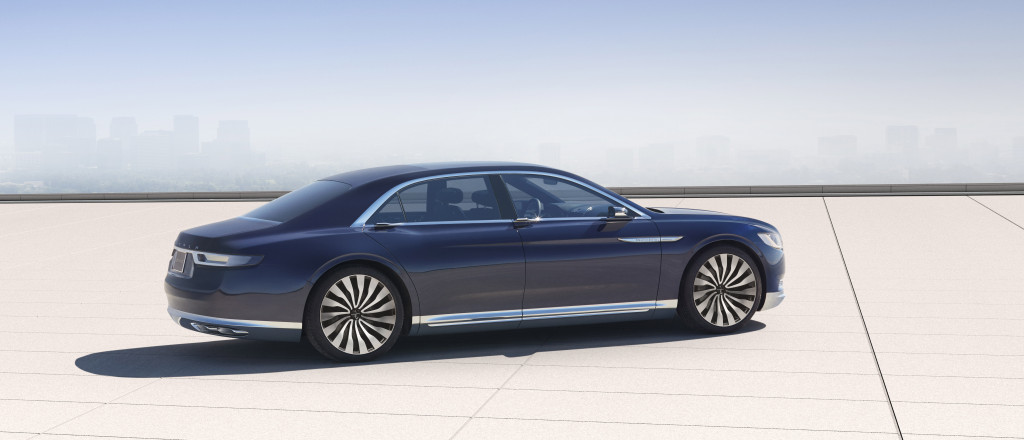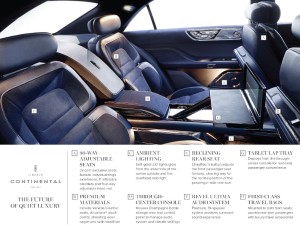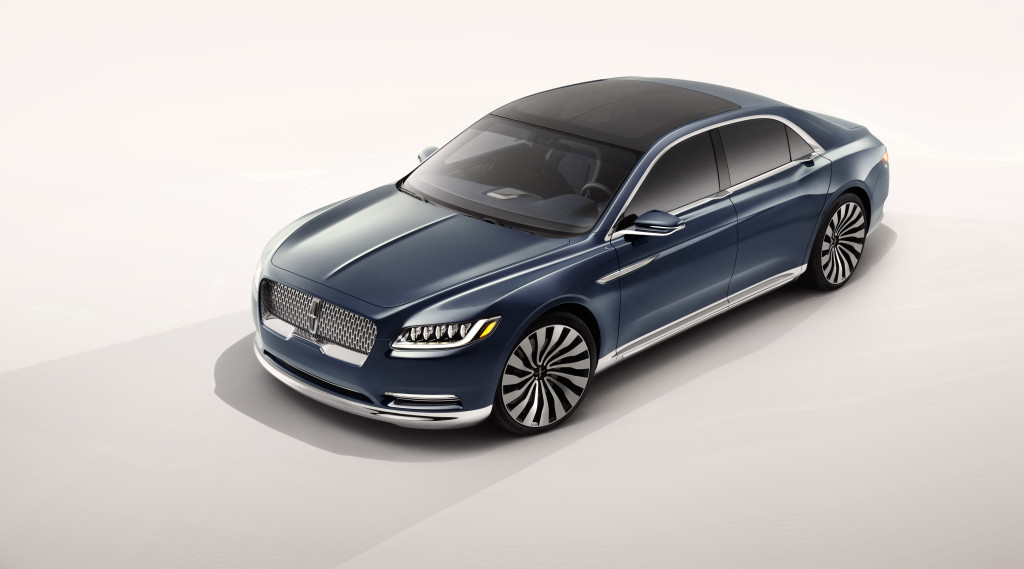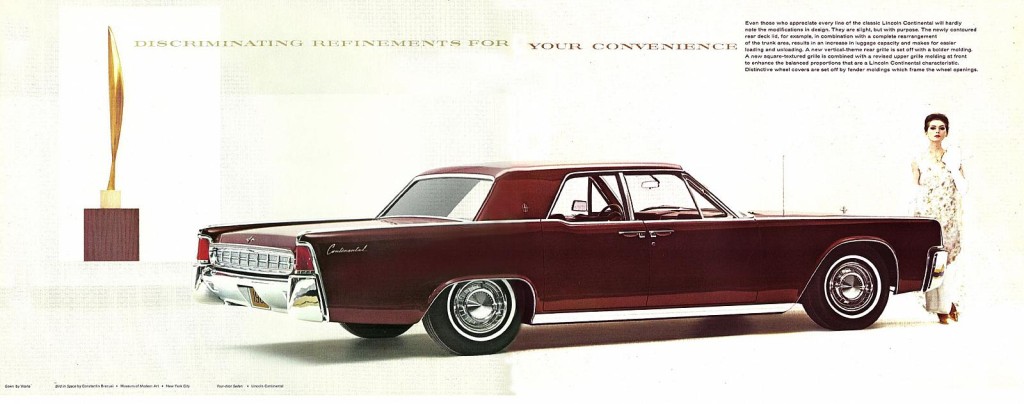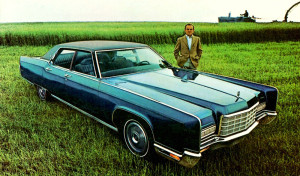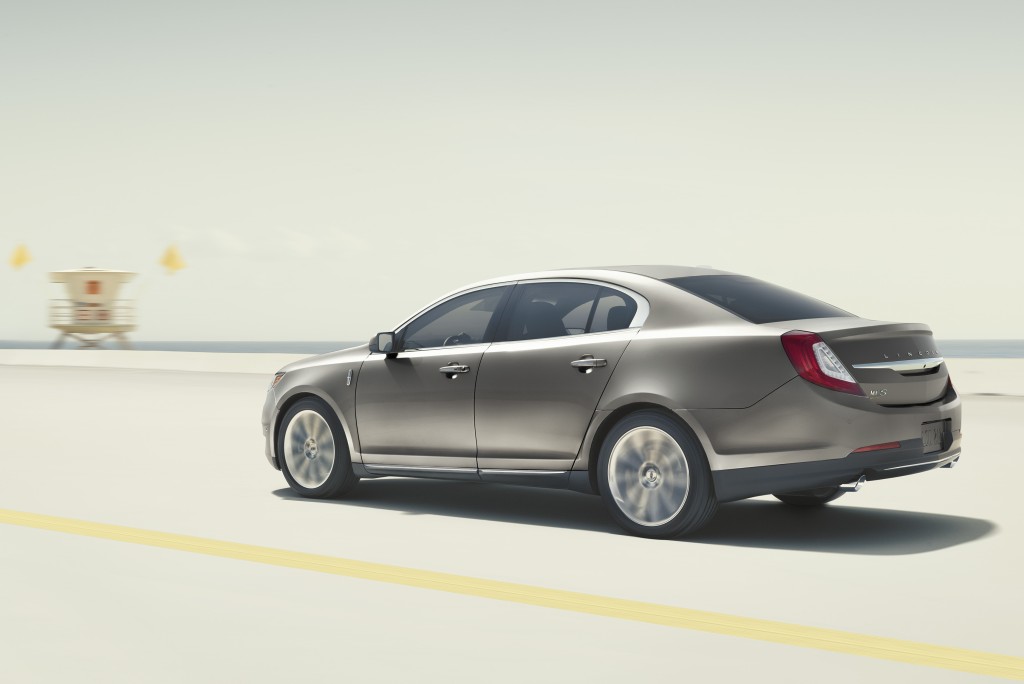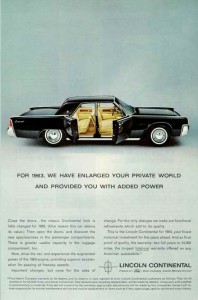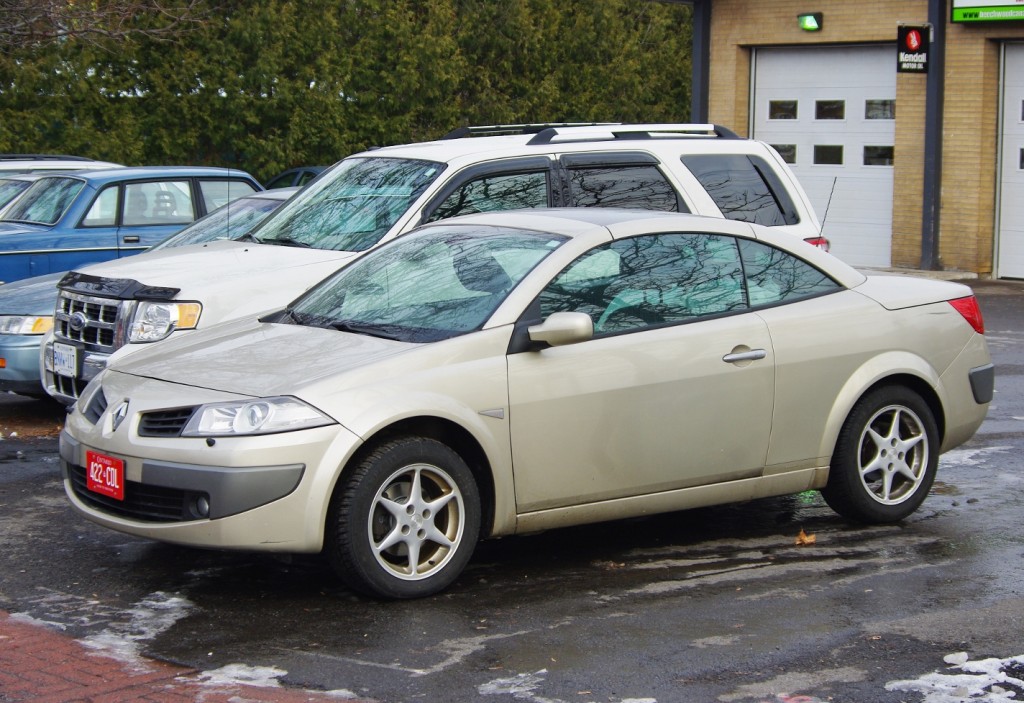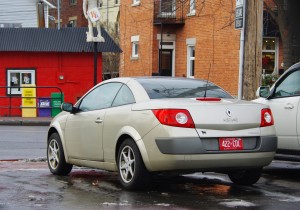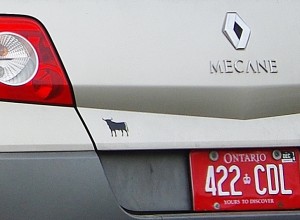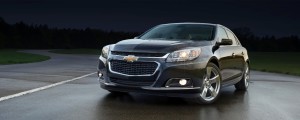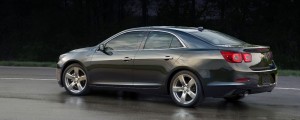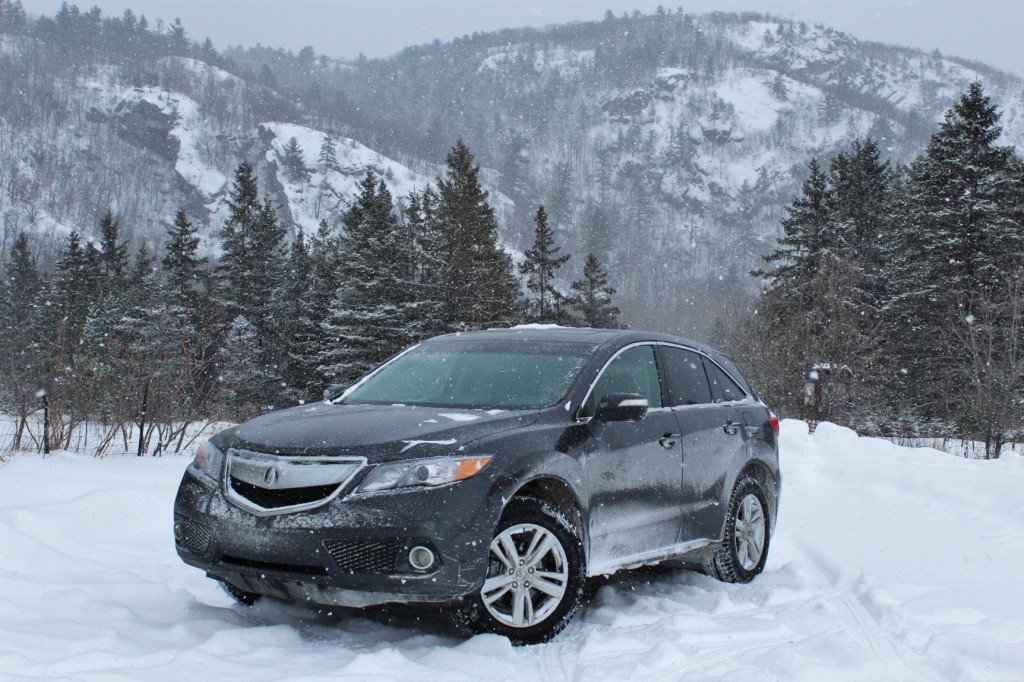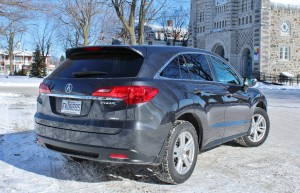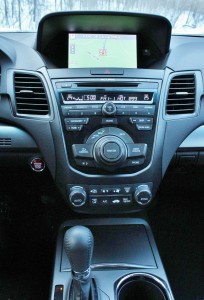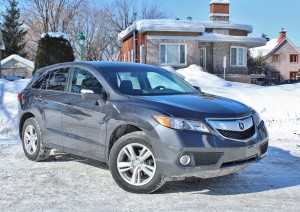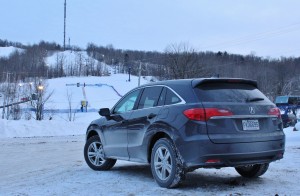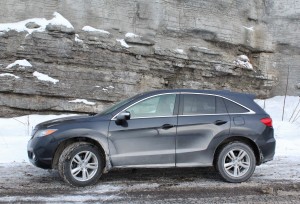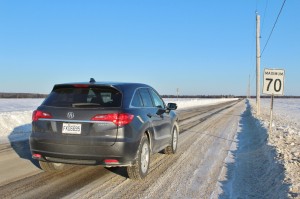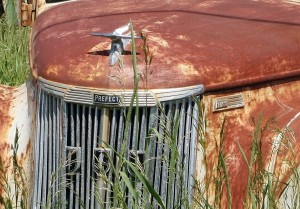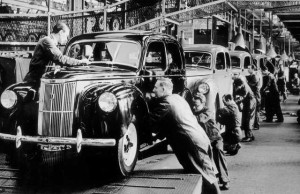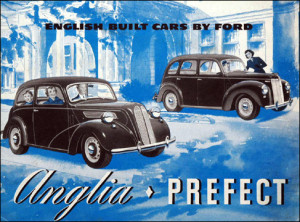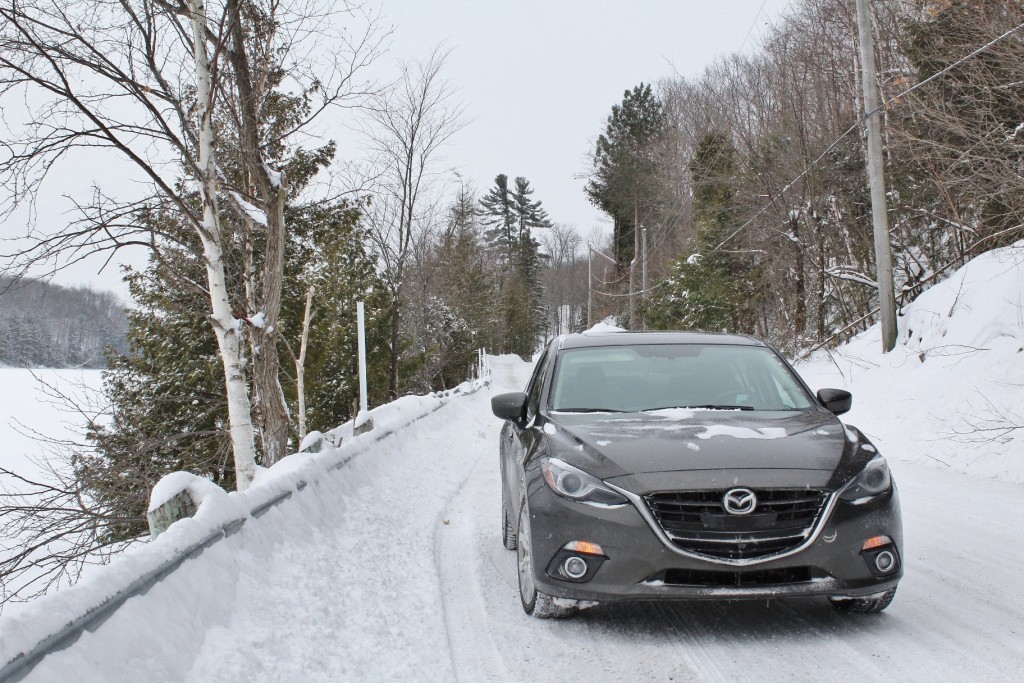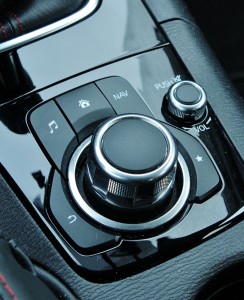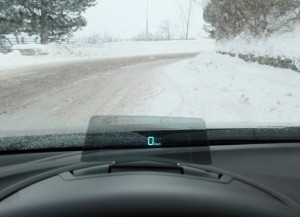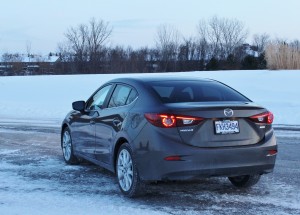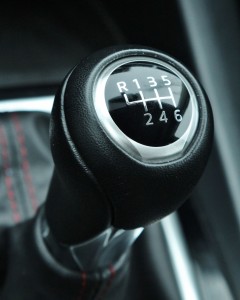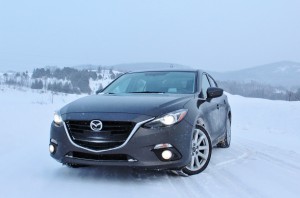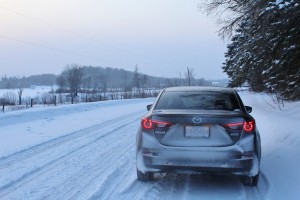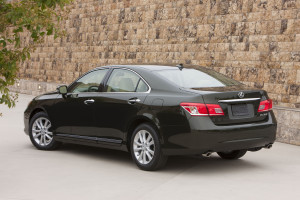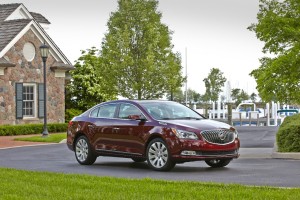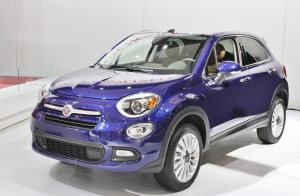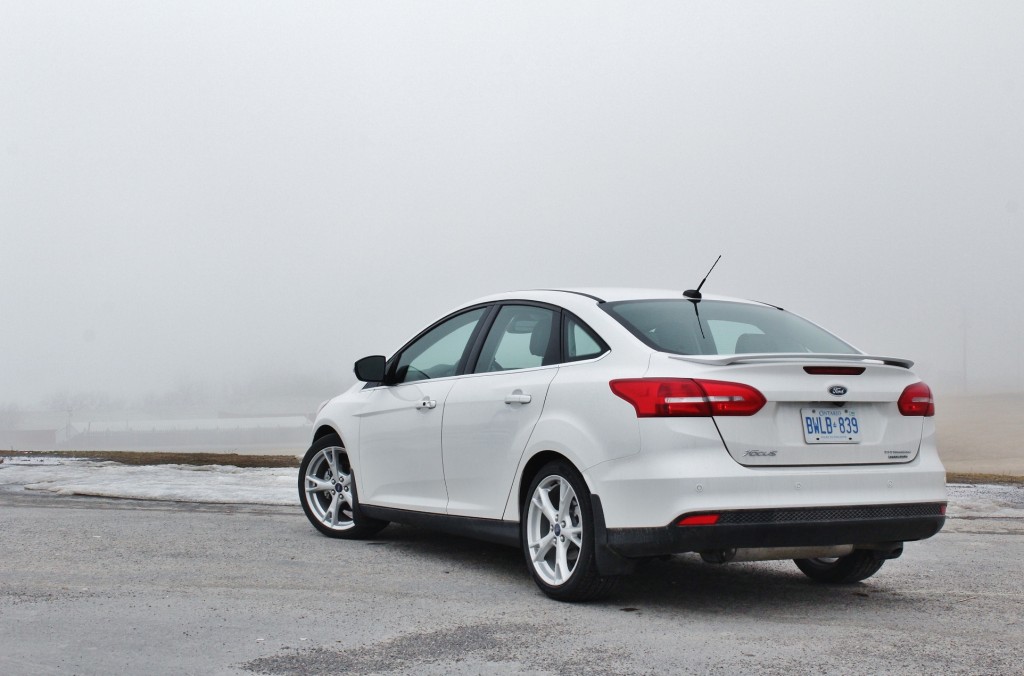
Ford wasn’t prepared to let the Focus fade from the compact car scene. For 2015, it receives a significant refresh.
Subtle improvements keep restyled compact in the game
No car model wants to end up going the Marlon Brando route, lamenting “I coulda been a contender” to their friends over a beer.
That can happen when models are left to wither on the vine by an uncaring parent company. Like a retiree passed by a teenager on the highway, the model with the oldest hardware and least attention can soon find themselves in last place.
Ford’s perennially popular Focus has been a reliable seller for the company since its introduction in the late 1990s.
The current generation debuted for the 2012 model year, arriving in sedan and 5-door hatch form with an edgy European design that highlighted its global architecture, and packed with the latest technology aimed at safety and comfort.
However, the recent increase of standout compact offerings – including those from resurgent North American brands – saw the Focus run the risk of being overlooked in a crowded marketplace.
Equipment
The refreshed 2015 Focus arrives with a new face and a longer list of available equipment. Incremental improvements have been made throughout the vehicle to keep the model fresh, but nothing radical simply for change’s sake.
Up front, a wide, horizontal slat grille with chrome accents brings the Focus’ design more in line with the larger Fusion.
Unlike some mid-cycle design tweaks, this significant makeover (which also includes the lower fascia, hood, taillights and trunklid) represents an improvement, not just a change. The cleaner lines and chrome, plus the new LED accent strips above the headlights (which double as daytime running lights), adds an upscale element to the Focus.
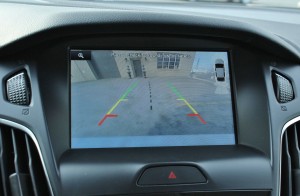
The Focus Titanium comes with an 8-inch screen to display SYNC information and the standard back-up camera.
The standard engine remains a 2.0-litre direct injection four-cylinder, generating 160 horsepower and 146 foot-pounds of torque. A five-speed manual transmission comes standard, with Ford’s six-speed dual clutch PowerShift automatic optional on lower end models and standard on the top-line Titanium.
For 2015, economy-minded buyers can option their Focus with a 1.0-litre EcoBoost three-cylinder previously found only in the subcompact Fiesta. That tiny engine makes a respectable 123 horsepower and 125 foot-pounds of torque, and comes mated to a six-speed manual transmission.
Also available in the Focus lineup is the hot ST hatch, with a 2.0-litre EcoBoost making 252 horsepower, and the Focus Electric, an all-EV model. Diversity of options seems to be Ford’s game for its volume compact.
Inside the vehicle, minor but meaningful changes have been made to the dash layout and steering wheel to reduce the sense of clutter and enhance user friendliness. The parking brake has also been moved further aft, now located discreetly between the seats.
On the tech front, Ford offers a host of standard equipment in the Focus, including its SYNC infotainment system (featuring voice activation, hands-free calling, and USB and mobile device connectivity), and a rear-view camera. A number of additional high-tech features can be optioned.
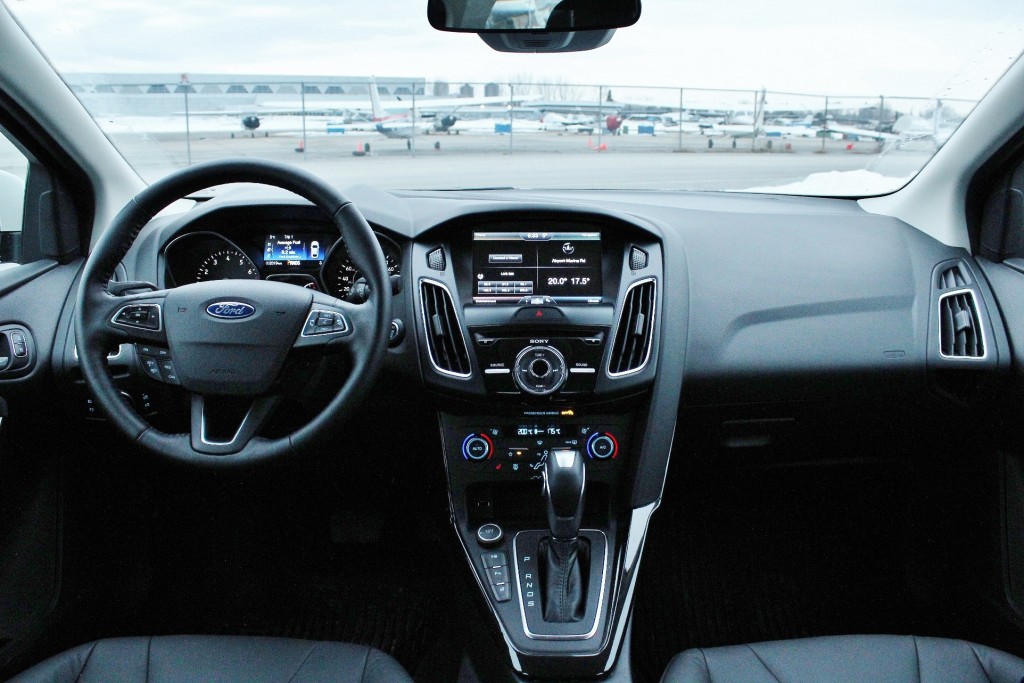
A little more black, a little less busy. That’s what Ford accomplished with the dash of the Focus during its makeover.
Driving impressions
Our Focus tester was a top-line Titanium model decked out with all the options Ford could muster.
Inside, the leather-trimmed seating looked stylish and matched the soft plastics of the dash. Though flat in appearance, the 8-way power driver’s seat (with lumbar support) proved extremely comfortable.
A nice touch in the cabin is the ambient nighttime lighting, which bathes door handles, map pockets, cup holders and foot wells in a soft, cool blue. Outside, parking lamps mounted in the side mirrors illuminate the ground beneath the front doors for entry and egress.
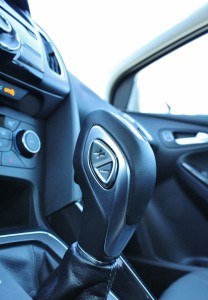
The 6-speed dual-clutch automatic unfortunately doesn’t have its own gate for manual shifting. A shallow, thumb-actuated shifter is offered, and is easily ignored.
Though it’s a feature that few buyers would demand in a compact, domestic sedan, it’s nevertheless a classy touch.
Our tester’s PowerShift automatic made good use of the standard 2.0-litre engine’s power, but the drivetrain was sometimes ‘buzzy’ at low speeds, as the tranny would hold on to lower gears in preparation for acceleration. Under normal or vigorous acceleration, shifts were quick and smooth – hallmarks of a dual clutch transmission.
Geared for economy (upshifts are enthusiastic, downshifts hesitant), the transmission, teamed with the high-compression engine, makes for great fuel economy.
The 2.0-litre/PowerShift combination is rated at 8.9 litres/100km in the city and 6.2 litres/100km on the highway, which translates into 31.7 mpg (Imp.) city and 45.6 mpg highway. The city numbers were easy to match in real life, and one two-hour drive on rural secondary highways returned a figure of 5.3 litres/100km (53.3 mpg).
Models with the five-speed manual are a little thirstier, going by factory mileage numbers, but would deliver a livelier driving experience.
In rural and urban driving, the Focus shone in the handling department. The optional 18-inch painted aluminum wheels on our tester (17-inchers come standard on Titanium models) came wrapped in low-profile rubber, which allowed the Focus to hold the road with authority.
Heavily weighted steering with no hint of play added to the sporty feel of the car.
Low profile tires can sometimes deliver a jarring ride in areas prone to road cracks and frost heaves, but the pliable suspension of the Focus soaked up the imperfections surprisingly well. A lack of body or suspension rattles made the Focus feel taught and put-together.
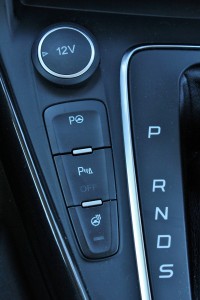
Active Park Assist and BLIS with cross-traffic alert are two two options you won’t want to be without.
Open roads are fun, but eventually everyone has to navigate a parking lot. The available safety features in the Focus helped tame parking paranoia, thanks to a rear-view camera (displayed on the Titanium’s 8-inch monitor) and Ford’s BLIS system.
The system alerts the driver to fixed obstacles around the vehicle, and monitors for approaching vehicles when the driver is backing out of a spot. This electronic nanny takes a car with already good rearward visibility and makes it almost clairvoyant.
If your parking spot of choice is of the parallel variety, available Active Park Assist allows the driver press a button and follow directions, as the Focus eventually takes over and parks itself (with some driver inputs). It works, but it’s creepy at first.
Other high-tech safety aids included blind spot warnings (via an amber LED light in the side mirrors), and lane departure warnings. Drift too close to the centre line or adjacent lane and the Focus will shake the steering wheel to grab your attention. Drift too close to the shoulder, and you could get a fatigue warning, complete with a chime and an illuminated warning in the gauge cluster.
Yes, the Ford Focus is spying on you, but it’s for your own good. And, presumably, you paid for it.
While the loaded Titanium model came in over $31,000 with all options and fees factored, a base S sedan begins at $16,799. Sure, you won’t be able to wow your friends with Knight Rider-like levels of gizmos, but the body and engine will be the same.
With the 2015 Focus, Ford has made meaningful improvements to an already competent vehicle. There are newer ‘all new’ compacts out there, but the Focus shouldn’t be overlooked just for that – especially when you consider the sum of its contents.
